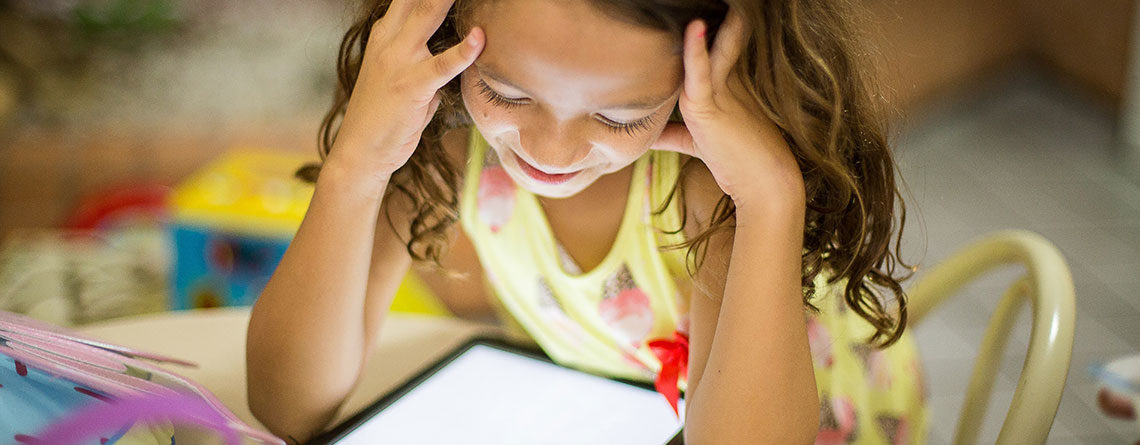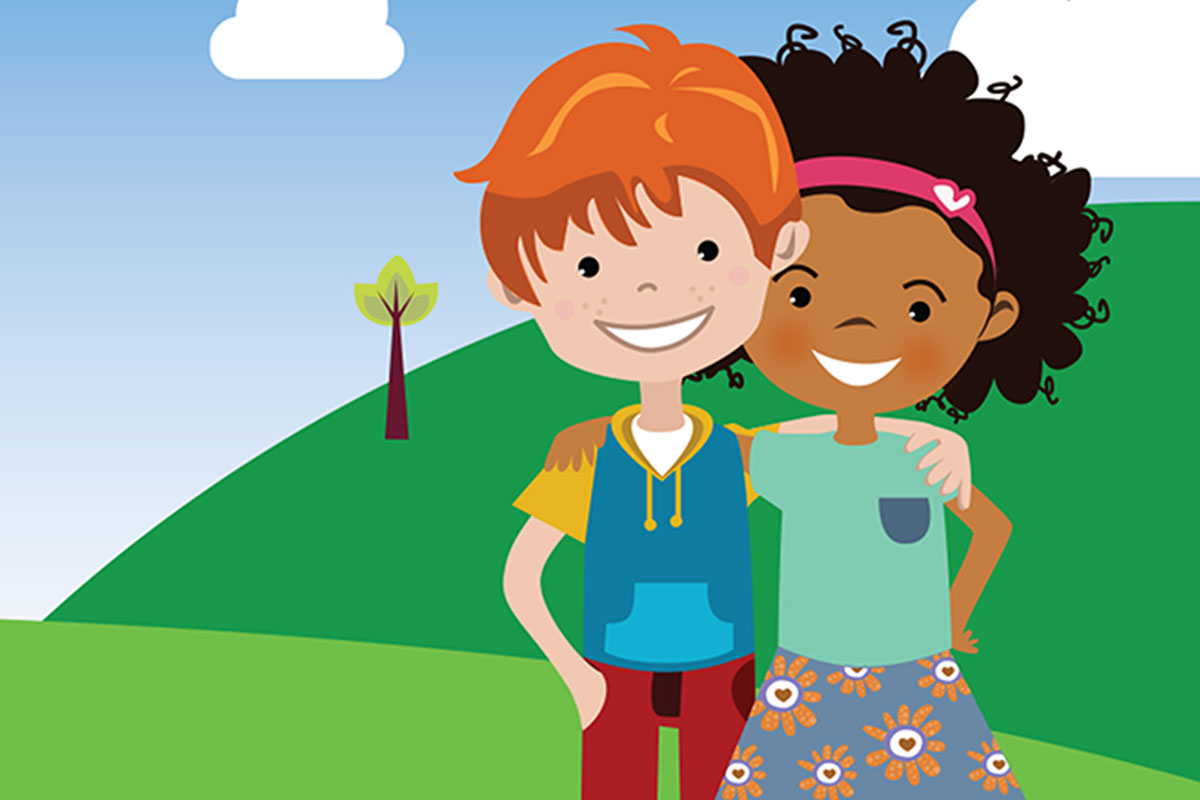What to teach on online relationships (cyber relationships) and behaviour for RSHE
In a world where online interactions can’t be avoided and children as young as primary age are navigating the internet, it is essential to educate children on the benefits and dangers associated with being online.
What key stages? Lower Key Stage 2 (LKS2) and Upper Key Stage 2 (UKS2).
They must be taught the importance of being respected, reporting any bullying, the rules to staying safe and interpreting online behaviour.
Online Relationship lesson plans for Lower Key Stage 2 (LKS2) and Upper Key stage 2 (UKS2), those aged 5-11 are a crucial element of safeguarding young people.
The ability to identify any risks and harmful content and understand the various ways to report it are crucial to keeping pupils safe. Protecting them from unsuitable content, accidentally disclosing their personal data, illegal downloads, file sharing, spyware, viruses, inappropriate advances and cyber online/bullying are fundamental to safeguarding online.
This topic seeks to enable young people to make the right choices regarding using the internet and forming online friendships.
What to include when teaching children about positive relationships and online safety?
In order to meet the statutory guidance, the following must be covered:
- The importance of respecting others, even when they are very different from them (for example, physically, in character, personality or backgrounds), or make different choices or have different preferences or beliefs.
- That people sometimes behave differently online, including pretending to be someone they are not.
- That the same principles and rules apply to online relationships as to face-to-face relationships, including the importance of respect for others online, which includes when we are anonymous.
- The rules and principles for keeping safe online, how to recognise risks, harmful content and contact, and how to report them.
- How to critically consider their online friendships and sources of information including awareness of the risks associated with people they have never met.
- How information and data is shared and used online.
Teachers should be aware that for many young people the distinction between the online world and other aspects of life may be less marked than for some adults.
Online safety becomes as important as offline safety. The different risks in life and online should be taught, particularly beneficial to young people who are at higher risk.
Teaching pupils the importance of online relationships and how they conduct themselves in a digital world is just as important to how they develop their social skills in the physical world.
Difficult topics within Online Relationships made easy with the support of Yasmine and Tom.
Growing up with Yasmine and Tom delivers age appropriate content through the characters Yasmine and Tom who progress through key stages, keeping them relatable. An innovative, beautifully animated online RSHE resource that makes teaching RSHE effortless. Skip the lesson planning and deliver workshops with ease on subjects like, “Online and Offline Friendships”, and “Keeping Safe – Online Images”.
You can view the full module guidance and how this relates to DfE guidance here.
If you’d like an informal chat with one of our experts you can schedule a quick 15 minute call, where you can get all of your questions answered.
Recommended teaching aids and resources that support teaching students the principles of respectful relationships.
If you’d like to know more about our RSE literature for pupils, read our article everything you need to know about our ‘best in class’ RSE literature, designed to support teaching RSE in primary years. You can also request free samples too!
Free 10 Day Trial
Evaluate our best-selling RSHE resource.
Appraise and understand how our resource aligns with DfE guidance on mandatory subjects. It’s completely free with no obligation to subscribe.

At FPA we have been working with educators for the past 30 years, providing information and resources and enabling teachers to teach subjects they may otherwise not have had the confidence to teach. We make things easier and have been awarded, accredited, and formally recognised for the outstanding support we give to teachers.





